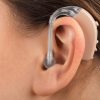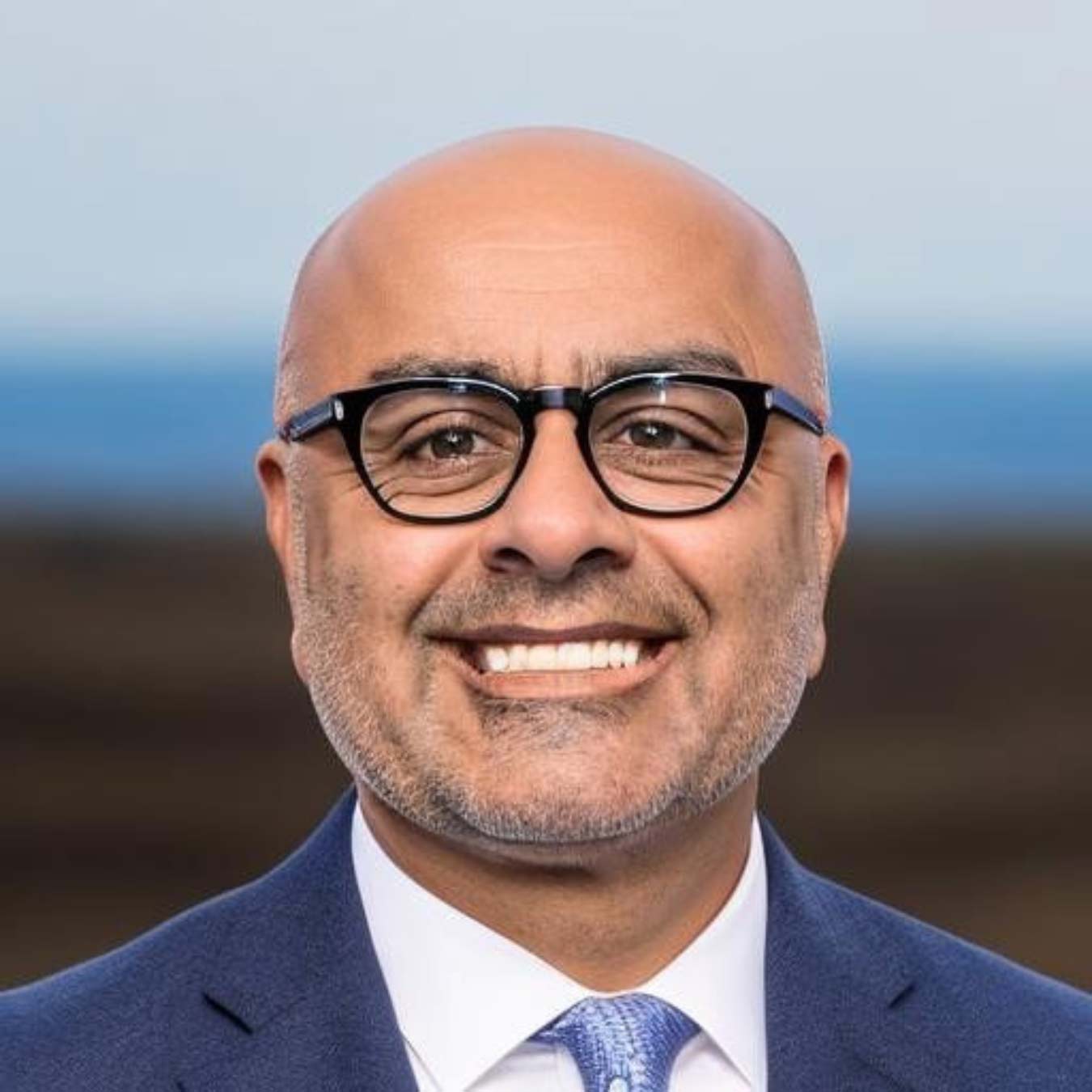Advance legislation to improve health of the disability community – kids like Lillian need you

Lillian, a 6-year-old from Missouri, has been fighting for her life and health since she came into the world on a hot day in May of 2017. She immediately underwent heart surgeries and was later placed on ECMO, a machine to help provide cardiac and respiratory support. Like any parents, her parents were scared and unsure of what would come next. “I don’t have the words to express how a mommy’s heart feels to get a call that your baby may not make it, and you’re racing to get by her side,” Lillian’s mom, Sarah, shared with us.
Lillian spent more time in the hospital in her first few years than most people do in their lifetime. She was born with Tetralogy of Fallot with Pulmonary Atresia, a congenital heart condition that required her to endure several open heart surgeries before her sixth birthday. Her heart condition will never be fully repaired and will require lifelong cardiac care.
While the focus was initially on Lillian’s heart, another often-overlooked health concern came to light as she grew older: her oral health. Lillian’s teeth came in with spots on them and quickly started chipping from cavities. When she should have been focused on doing the things she loves, like swimming and playing on her swing set, she struggled with pain in her mouth. Lillian’s mom, Sarah, had an extremely difficult time finding a dentist to treat Lillian because of her complex medical background. She needed oral surgery, but because of Lillian’s health conditions, dentists needed to perform the procedure at a children’s hospital instead of in a dental office.
The catch? The hospital was over an hour away, the next appointment was months away, and insurance would not cover the cost of the procedure as they deemed it not medically necessary—leaving high out-of-pocket costs for Sarah and her husband.
This scenario is a fact of life for many individuals, like Lillian, with intellectual and developmental disabilities (IDD), who struggle to access oral health care.
How Health Inequities Affect the Overall Health of the IDD Community
Studies show that people with IDD consistently experience poorer overall health outcomes compared to people without disabilities. Often, they face barriers that prevent them from accessing the most basic forms of care. They have higher rates of undiagnosed hearing and vision impairments, higher rates of chronic diseases like diabetes and heart disease, and higher rates of poor oral health.
Lillian’s story demonstrates that people with IDD face particularly extreme challenges around access to dental care. There aren’t enough providers willing and able to offer the care and accommodations that this population requires. This is especially true for families and individuals who live in rural and underserved communities.
Moreover, many people with disabilities, especially adults, do not have oral health coverage as part of their health insurance. Medicare does not include oral health coverage, and states are given the choice whether to provide dental benefits for adults through Medicaid. As a result, Medicaid adult dental benefits vary widely by state. Luckily, some states, like Louisiana, have recently passed legislation to increase dental benefits for individuals with IDD, and other states have chosen to offer comprehensive dental benefits to all adults in their states. However, states could cut these benefits at any time.
Research from CareQuest Institute for Oral Health also reveals that individuals with disabilities are more frequently denied care due to discrimination and are more likely to have to visit the emergency department for dental care. A system that sends people to the emergency department for pain that is both severe and preventable is as cruel as it is shortsighted, especially when we know preventive care results in better outcomes as well as cost savings for all.
Oral health providers who care for this population, or would like to, need things like training, care team support, in-office infrastructure, and longer appointment times to ensure that they are offering adequate care. Yet all of these things cost money, and there is insufficient funding to support providers in taking this on. Ensuring that there are resources to train a new pipeline of providers and offer support to existing providers to help them be more equipped to care for this population is an important step toward increasing access.
With growing research demonstrating the connections between oral and systemic health, we are beyond the time to demand change.
Policy Change Is Vital to Improving Health Outcomes for People with Disabilities
While the causes of health inequities for people with disabilities are systemic, we can begin to meaningfully address them through legislation that addresses three key levers: coverage, access, funding.
The HEADs UP Act, which is currently before Congress, is a crucial measure to help address these levers. By designating individuals with IDD as a Medically Underserved Population (MUP), the policy would open up more than 25 government programs that support access to health care to the IDD community for the first time. There is no question that far too many people living with IDD are medically underserved: they lack access to primary care services because providers have not been trained to treat them; they experience poverty and infant mortality at higher rates than the non-disabled population; and the IDD population over 65 is growing rapidly. Moreover, the bill specifically includes dental services as part of these programs, a critical step as oral health is far too often left out of health policies. Initially introduced in 2018, the HEADs UP Act presents a straightforward solution that would make an immediate impact. Congress should advance this legislation without further delay.
Our IDD communities can’t wait any longer. Lillian can’t wait any longer. It’s time for change.
Featured Stories
-
 I finally got hearing aids at age 26, after a lifetime of feeling stigmatized
I finally got hearing aids at age 26, after a lifetime of feeling stigmatized
-
 Preparing for the parenting life when you have a disability
Preparing for the parenting life when you have a disability
-
 4 fun cities to visit on your self-care reset trip
4 fun cities to visit on your self-care reset trip
-
 How to manage an ADHD diagnosis
How to manage an ADHD diagnosis
-
 Is the United States facing a shortage of nursing homes for people with disabilities?
Is the United States facing a shortage of nursing homes for people with disabilities?


